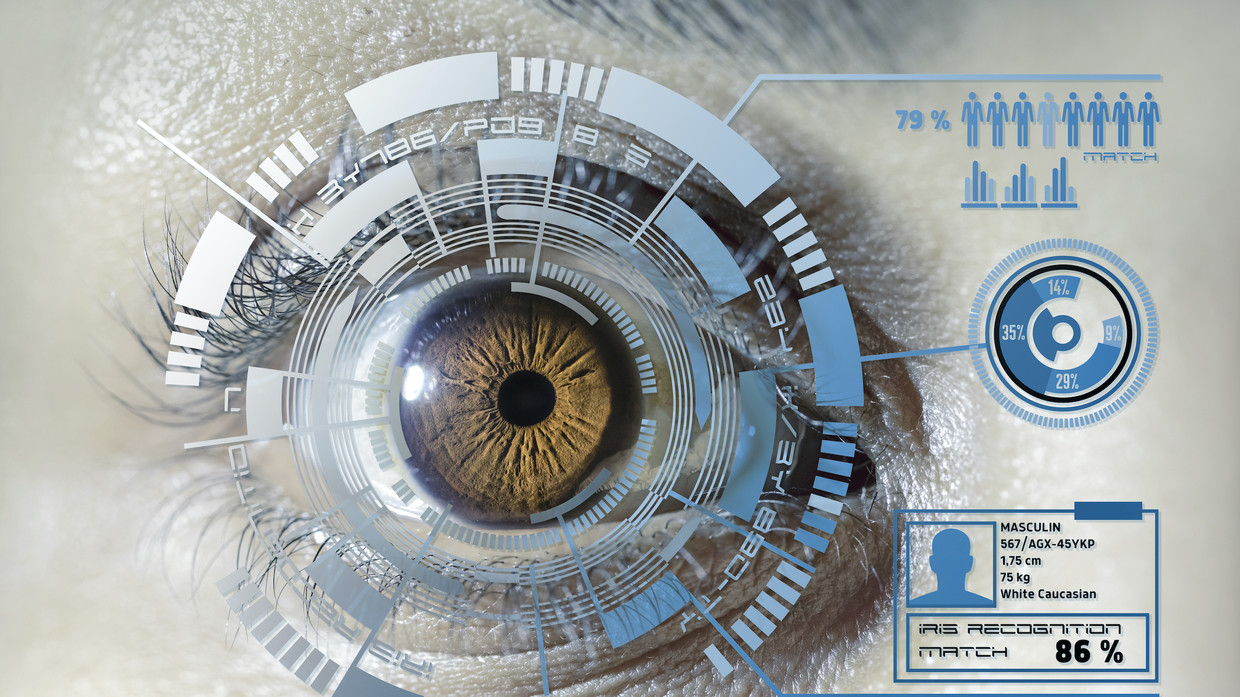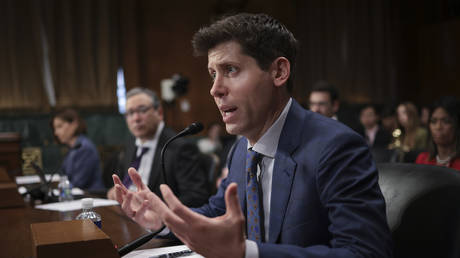Digital ID verification startup Worldcoin, which purports to distinguish real humans from AI by scanning their irises with a futuristic ‘Orb’ and storing their identities on the blockchain, launched a crypto token by the same name on Monday.
The project’s website describes it as a “digital currency received simply for being human,” claiming it could “drastically increase economic opportunity, scale a reliable solution for distinguishing humans from AI online while preserving privacy, enable global democratic processes, and eventually show a potential path to AI-funded UBI.”
Despite these goals, the Worldcoin token’s usage appears to currently be limited to rewarding people for signing up to Worldcoin. This has not stopped major crypto exchanges from listing the token: Binance, OKX, Huobi, Bybit, and Gate were among the platforms that began offering their customers the ability to trade in WLD on Monday.
Worldcoin users must physically travel to a location where an iris-scanning ‘Orb’ is present in order to obtain the equivalent of a global digital passport. The project’s creators say this will become necessary to distinguish humans from AI bots as the technology advances.
While some critics have panned the Worldcoin ecosystem as a dystopian assault on privacy built on exploitation of the poor, co-founder Alex Blania told Reuters that blockchain storage was actually privacy-preserving, and Altman has claimed it will actually fight income inequality. The company has emphasized that biometric scans are more secure than providing personal information like phone numbers for proving one’s identity.
However, an investigation by MIT Technology Review found the onboarding process collected significantly more personal data than Worldcoin publicly claims, promising to encrypt and safely store it until it can be deleted, without releasing a white paper explaining how that will be done.
The project’s detractors include former Twitter CEO Jack Dorsey, who tweeted “at no time should a corporation or state own any part of the global financial system” on Monday in response to a launch tweet by the Worldcoin account.
In a Twitter thread describing Worldcoin as “a global financial and identity network based on proof of personhood,” Altman claimed that over 2 million people had already signed up for the project during its beta phase. This falls far short of its early goals to bring on 1 billion people by 2023.
Altman acknowledged that AI technology had the potential to go “quite wrong” in testimony before the US Congress earlier this year and even admitted he feared causing “significant harm to the world” through technology.


